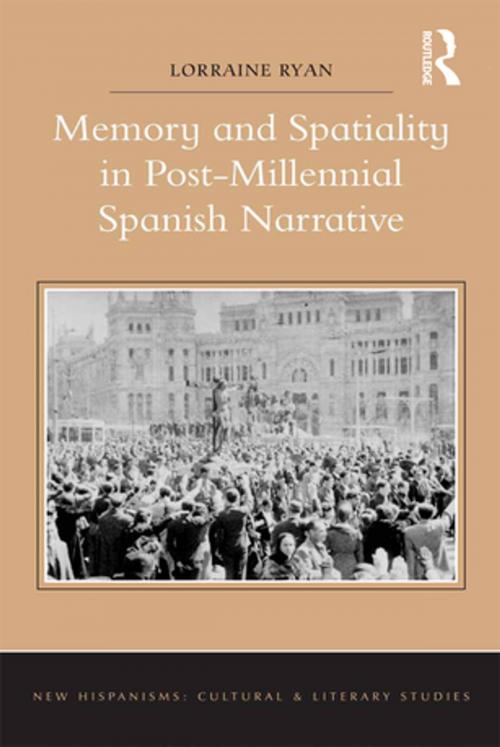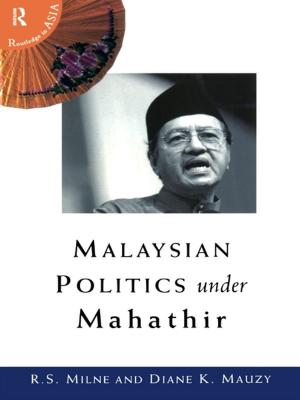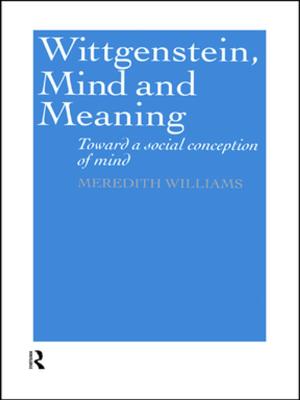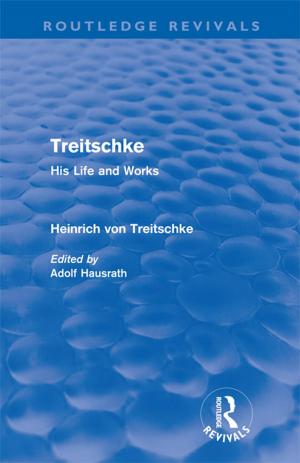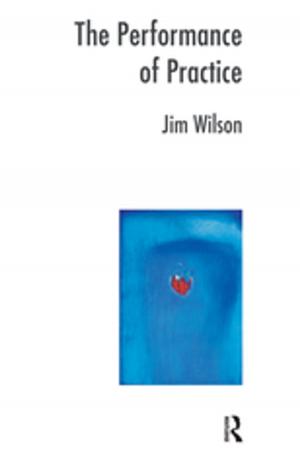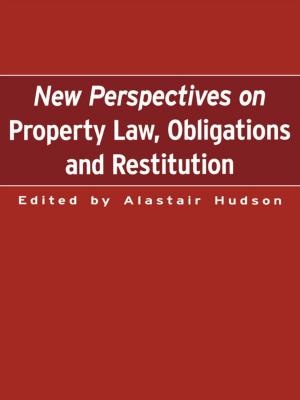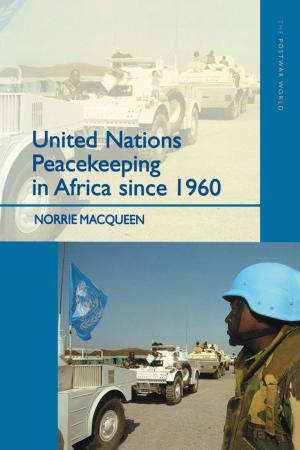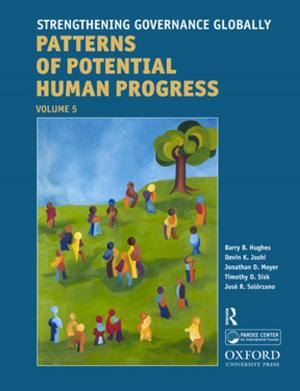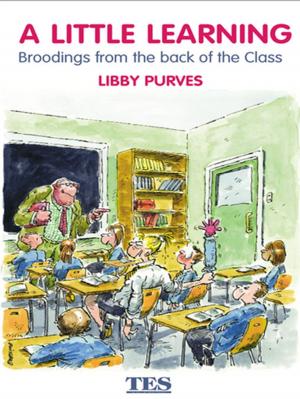Memory and Spatiality in Post-Millennial Spanish Narrative
Nonfiction, History, Spain & Portugal, Fiction & Literature, Literary Theory & Criticism| Author: | Lorraine Ryan | ISBN: | 9781317097563 |
| Publisher: | Taylor and Francis | Publication: | April 22, 2016 |
| Imprint: | Routledge | Language: | English |
| Author: | Lorraine Ryan |
| ISBN: | 9781317097563 |
| Publisher: | Taylor and Francis |
| Publication: | April 22, 2016 |
| Imprint: | Routledge |
| Language: | English |
Focusing on literary texts produced from 2000 to 2009, Lorraine Ryan examines the imbrication between the preservation of Republican memory and the transformations of Spanish public space during the period from 1931 to 2005. Accordingly, Ryan analyzes the spatial empowerment and disempowerment of Republican memory and identity in Dulce Chacón’s Cielos de barro, Ãngeles López’s Martina, la rosa número trece, Alberto Méndez’s ’Los girasoles ciegos,’ Carlos Ruiz Zafón´s La sombra del viento, Emili Teixidor’s Pan negro, Bernardo Atxaga’s El hijo del acordeonista, and José MarÃa Merino’s La sima. The interrelationship between Republican subalternity and space is redefined by these writers as tense and constantly in flux, undermined by its inexorable relationality, which leads to subjects endeavoring to instill into space their own values. Subjects erode the hegemonic power of the public space by articulating in an often surreptitious form their sense of belonging to a prohibited Republican memory culture. In the democratic period, they seek a categorical reinstatement of same on the public terrain. Ryan also considers the motivation underlying this coterie of authors’ commitment to the issue of historical memory, an analysis which serves to amplify the ambits of existing scholarship that tends to ascribe it solely to postmemory.
Focusing on literary texts produced from 2000 to 2009, Lorraine Ryan examines the imbrication between the preservation of Republican memory and the transformations of Spanish public space during the period from 1931 to 2005. Accordingly, Ryan analyzes the spatial empowerment and disempowerment of Republican memory and identity in Dulce Chacón’s Cielos de barro, Ãngeles López’s Martina, la rosa número trece, Alberto Méndez’s ’Los girasoles ciegos,’ Carlos Ruiz Zafón´s La sombra del viento, Emili Teixidor’s Pan negro, Bernardo Atxaga’s El hijo del acordeonista, and José MarÃa Merino’s La sima. The interrelationship between Republican subalternity and space is redefined by these writers as tense and constantly in flux, undermined by its inexorable relationality, which leads to subjects endeavoring to instill into space their own values. Subjects erode the hegemonic power of the public space by articulating in an often surreptitious form their sense of belonging to a prohibited Republican memory culture. In the democratic period, they seek a categorical reinstatement of same on the public terrain. Ryan also considers the motivation underlying this coterie of authors’ commitment to the issue of historical memory, an analysis which serves to amplify the ambits of existing scholarship that tends to ascribe it solely to postmemory.
